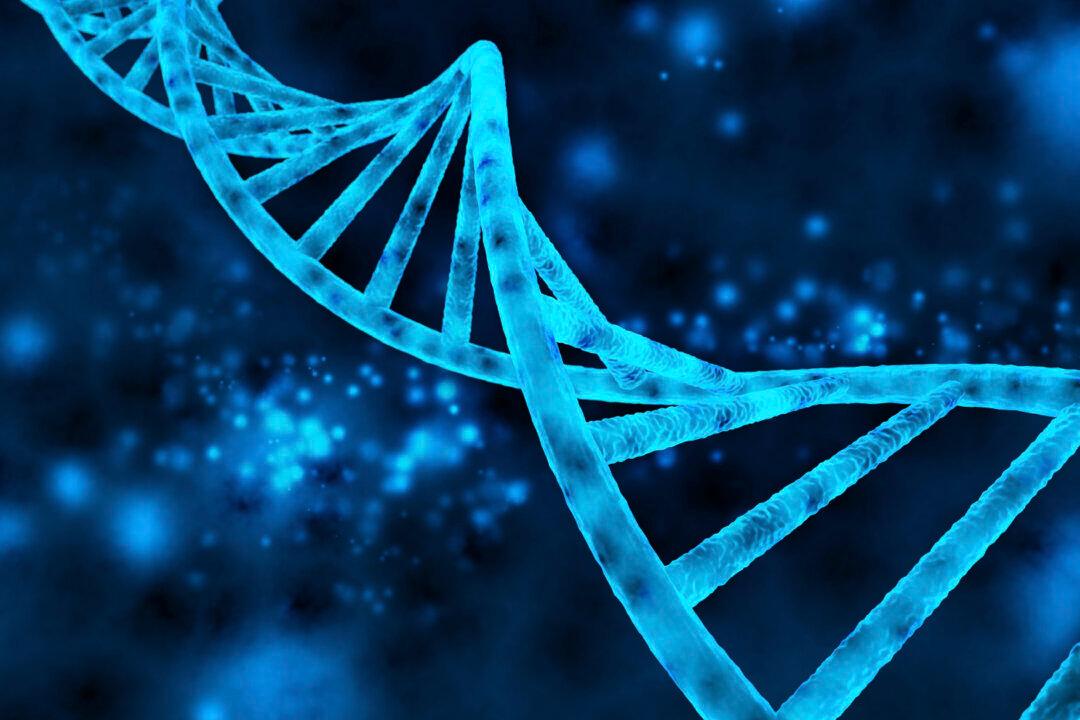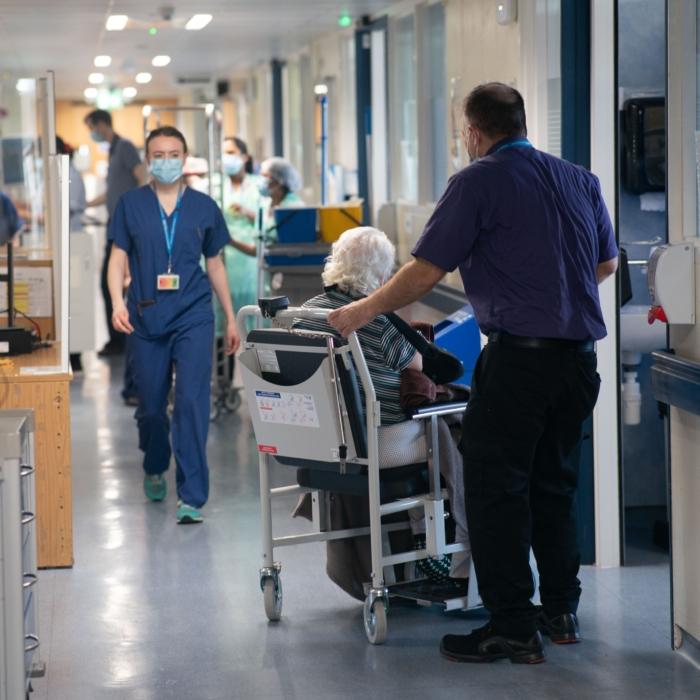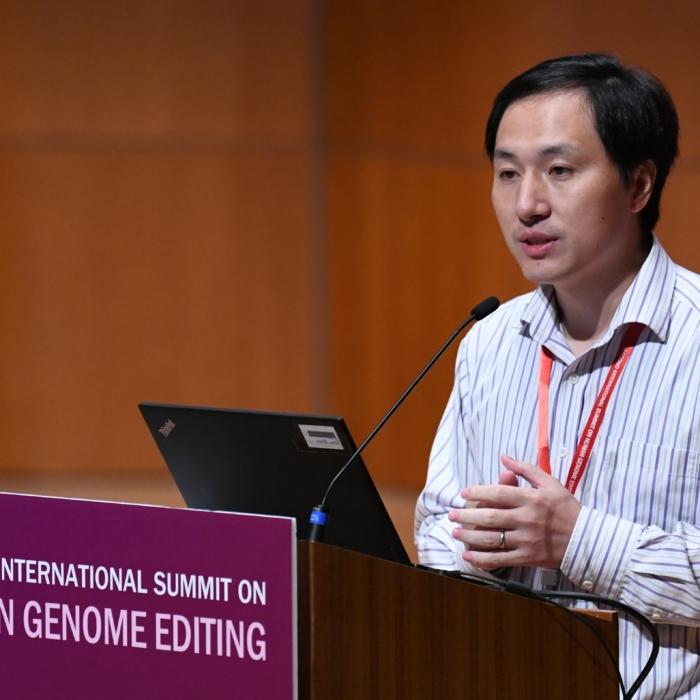A treatment using the Crispr gene editing tool has become the first of its kind to be approved for NHS use, to treat patients with a rare, inherited blood disorder often found in those born of inter-cousin marriages.
Hundreds of people living in England with a life-limiting blood disorder could be in line to receive the treatment, which has a list price of over £1.6 million, although the NHS has negotiated a confidential deal with the manufacturer meaning the actual cost will be lower.
Health authorities hailed the decision by the National Institute for Health and Care Excellence (NICE) as a “historic moment” for patients with the condition, who are mainly of Pakistani, Indian, and Bangladeshi ethnic origin.
The condition, known as transfusion-dependent beta thalassemia (TDT), is a more serious form of thalassemia, which can cause anemia due to a lack of haemoglobin in the blood. The milder form may not require treatment.
Nobel Prize Winning Technology
The treatment is the first to be licensed using the gene-editing tool Crispr, which earned its inventors the Nobel Prize for chemistry in 2020.The therapy, Exagamglogene autotemcel, or exa-cel, is branded as Casgevy and is manufactured by Massachusettes-based biotech company Vertex.
It works by modifying a faulty gene in a patient’s bone marrow stem cells to allow the body produces functioning haemoglobin.
The gene-edited cells are then infused back into the patient, with trials showing a high level of success and freeing patients from the burden of having to have regular blood transfusions throughout their lives.
NICE has given the green light to Casgevy to treat patients aged between 12 and 35, who will also require chemotherapy before they can receive the therapy, and a four to six week stay in hospital while the treatment is given.
Those born with the life-limiting condition normally rely on regular lifelong blood transfusions to survive, and the only curative treatment currently available in the UK is a donor stem cell transplant.
Casgevy will now become an option for around 460 patients who are suitable for the stem cell transplant but no donor can be found.
‘Revolutionary’ Gene Therapies
Amanda Pritchard, NHS England chief executive, said in a statement, “This is a historic moment for people living with beta thalassaemia with a potential cure for those facing this debilitating disorder now available on the NHS.”Pritchard added that this was, “the latest in a series of revolutionary gene therapies to be secured by NHS England over the past five years, bringing significant benefit for patients.”
Professor Bola Owolabi, director of the National Healthcare Inequalities Improvement Programme at NHS England, said in a statement, “We are committed to reducing healthcare inequalities by rolling out new and pioneering treatments on the NHS for conditions, such as thalassaemia, which disproportionally affects people from some minority ethnic backgrounds.”
In March, draft guidance from NICE did not recommend Casgevy for widespread NHS use to treat severe sickle cell disease after the watchdog said it needed “further data on its effectiveness, as well as a commercial arrangement.”
Yasmin Sheikh, head of policy for the stem cell charity Anthony Nolan, welcomed the NICE decision, but called for use of the gene therapy to be expanded.
She said in a statement, “This groundbreaking therapy must also be funded for people with sickle cell, where it has huge promise and is desperately needed.
“The sickle cell community has been waiting for months for NICE and the manufacturer of Casgevy, Vertex, to come to an agreement over bringing this therapy to the NHS.
“We hope this approval for thalassaemia demonstrates a solution is possible, and urge NICE and Vertex to work together to deliver this treatment to patients with sickle cell as soon as possible.”
The treatment will be offered at seven specialist NHS centres across England and Wales within weeks.







